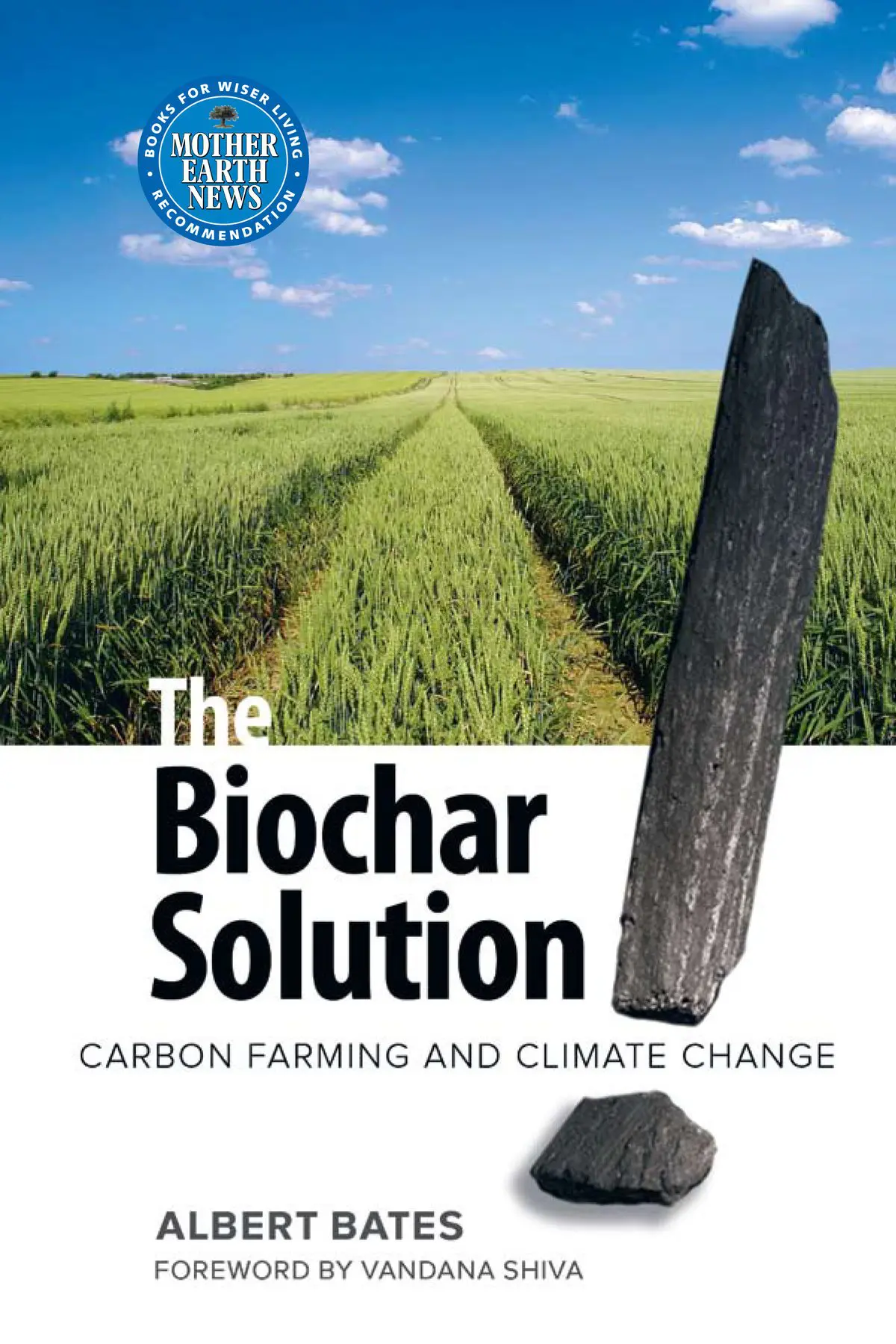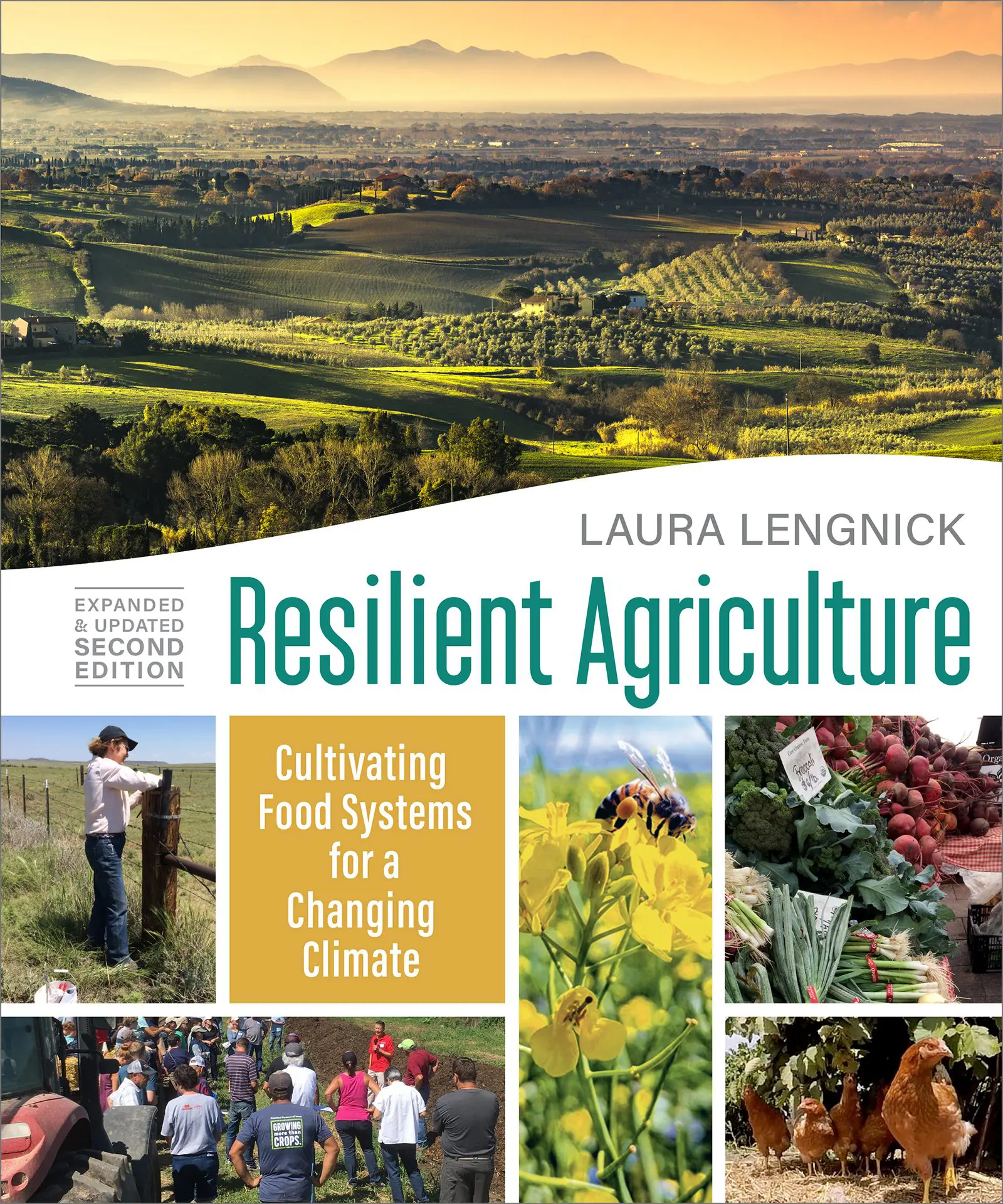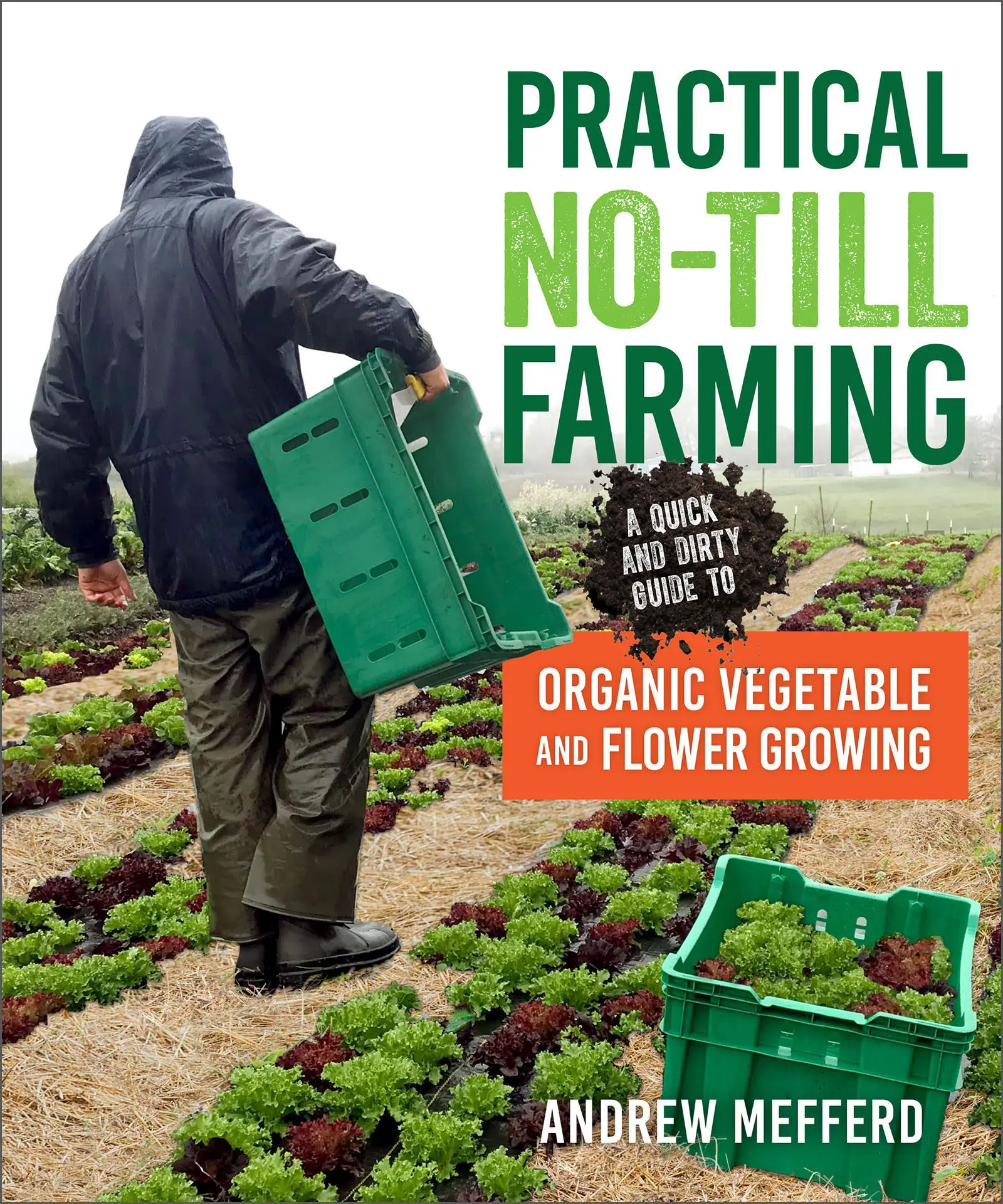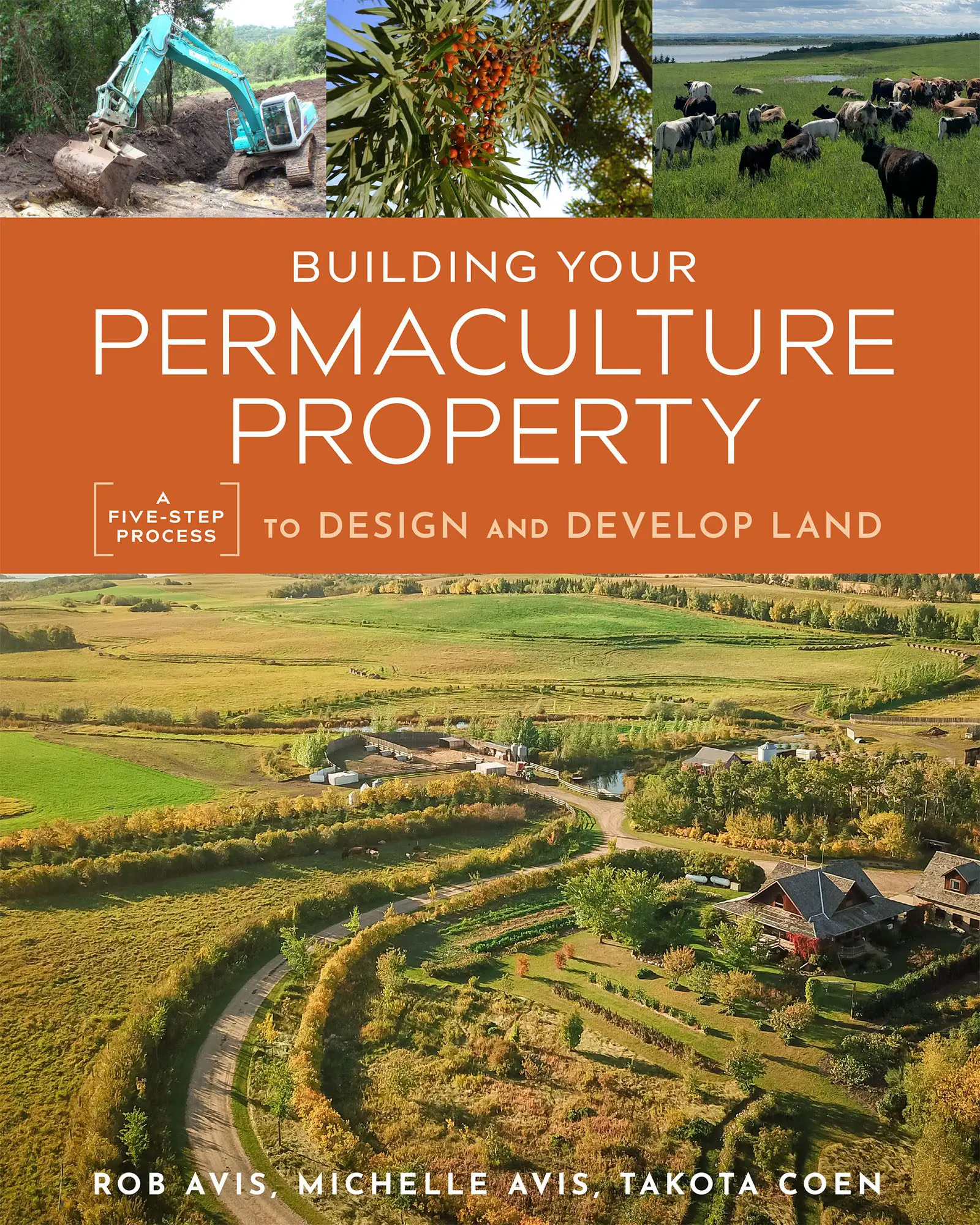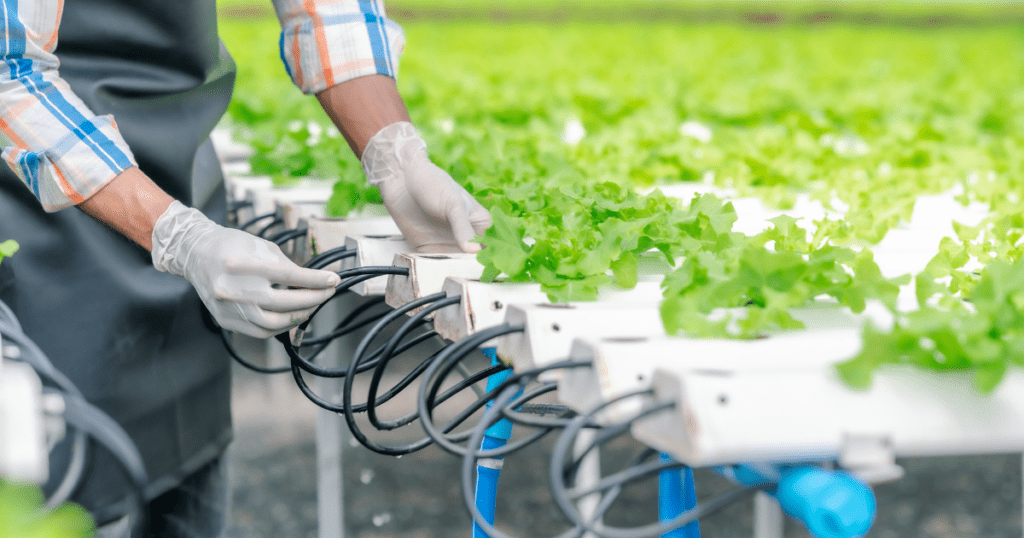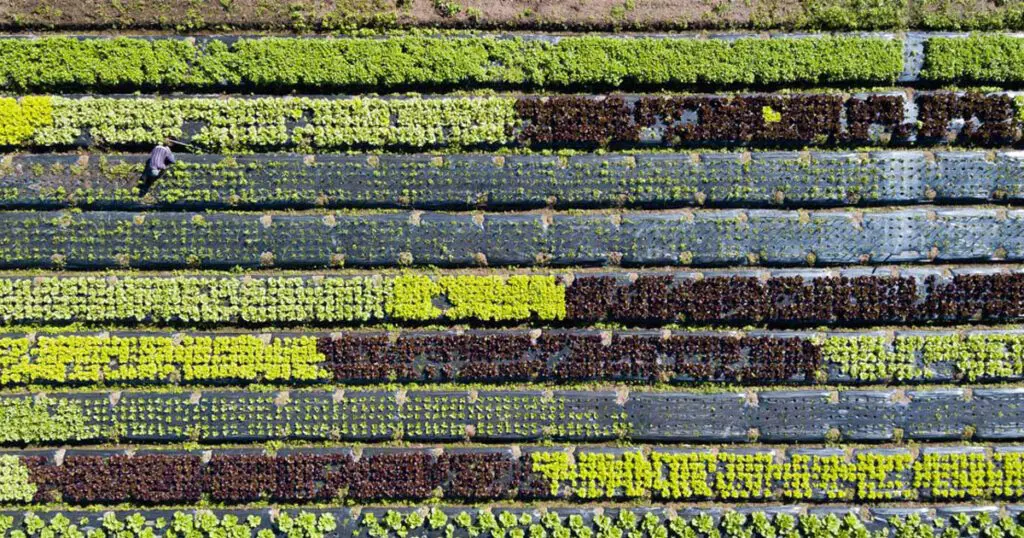
Our Assistant Editor, Caylie, recently tipped us off about The Farmers Land Trust, Inc, an organization doing essential work at the intersection of land justice, equity, and food security. She was drawn to their mission, especially their emphasis on protecting the commons, promoting equitable land access, and ensuring long-term food security. Acting on her lead, we reached out to their team, who responded with warmth, generosity, and a shared excitement about the possibility of collaboration.
At New Society Publishers, we believe change starts at the grassroots, literally and metaphorically. Whether it’s regenerating soil or transforming broken systems, we know that deep, lasting impact begins when communities come together around shared values. In that spirit, we’re thrilled to introduce you to The Farmers Land Trust.
Who Is The Farmers Land Trust?
The Farmers Land Trust is a nonprofit organization rooted in the belief that farmland and access to it should be held in community ownership, through the voluntary participation of aligned landowners.
“Our mission is to facilitate the transition of as many acres of farmland into preservation and ecologically sound stewardship while opening access for marginalized farmers to participate in this community work through the Farmland Commons model.”
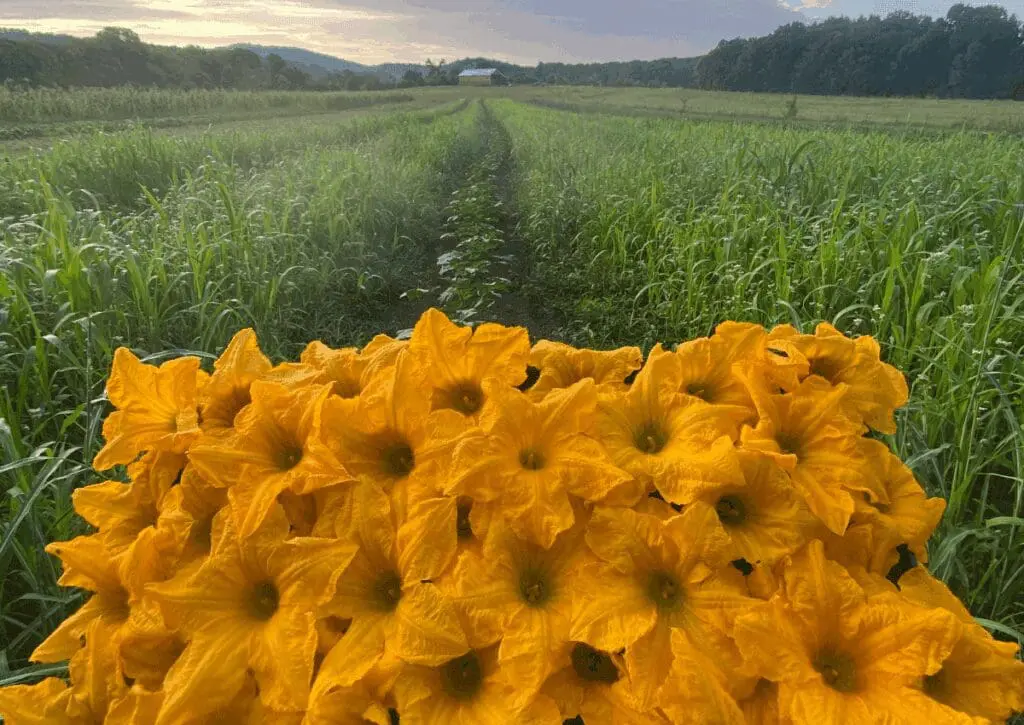
Shared Roots: A Common Vision
From our very first conversation, it was clear that The Farmers Land Trust and New Society Publishers are aligned not just in values, but in vision.
“When it comes down to it, our greatest hope lies in the actions we are willing to take at home in our local communities and on the prosperous, life-giving lands we know and love.” Full Article Here
We’re both committed to:
- Stewardship of the land, recognizing that we are part of an ecological system that requires care and reciprocity.
- Community resilience, where local economies, food systems, and knowledge networks are supported and empowered.
- Equity and access, whether it’s to farmland or transformative knowledge.
- Environmental justice, ensuring that sustainability is not a luxury, but a right available to all.
- Education for transformation, fostering intergenerational learning, where seasoned farmers pass down tools, ideas, and practices to a new generation ready to imagine and enact a more just and sustainable world.
At New Society, we’ve long believed in systems change, and it’s invigorating to find a partner doing parallel work in the land justice movement. Together, we’re stronger.
An Invitation to Grow Together
Whether it’s transforming land access or publishing books to build a more just and ecologically sustainable society, we know that collaboration is our strongest tool.
We invite you to learn more about The Farmers Land Trust and follow along as our partnership unfolds.
In the meantime, here’s to the land, the stories, and the partnerships that sustain us. Check out their resources to educate, inspire, and inform!
How to Create Community-Held Land
The Farmland Commons is a way to protect farmland and support farmers by creating a special nonprofit organization, called a 501(c)(25), that holds and manages the land. This entity is formed when 3 to 35 other nonprofits (501(c)(3)s) with shared goals work together. These partner organizations—whether local, regional, or national—make up the board of the 501(c)(25), with a focus on including those rooted in community.
The 501(c)(25) doesn’t operate farms itself. Its only job is to own the land and lease it to farmers. The lease terms, often 99 years, are set by the board and are designed to be affordable and fair. Farmers who lease land also get a seat on the board, meaning they help govern the land they work on. They can own buildings or infrastructure on the land, helping them build equity even though they don’t own the land itself.
The 501(c)(25) handles taxes, insurance, permits, and upkeep of the land, using lease revenue and donations from its nonprofit partners. This setup keeps farmland out of the commercial market and gives farmers long-term security and control, while keeping land tied to the community it feeds. The model empowers farmers and communities and offers a sustainable alternative to traditional land ownership.
Check out Farmers Land Trust Charter for more.
They envision a future where land is no longer a barrier to growing food, healing communities, or building climate resilience. Instead, land becomes a shared resource, nourishing people and planet alike.For a more in-depth understanding of their work, FLT has shared a presentation from the part of the 2025 California Small Farm Conference, detailing their approach to farmland access and transition, which can be viewed here.
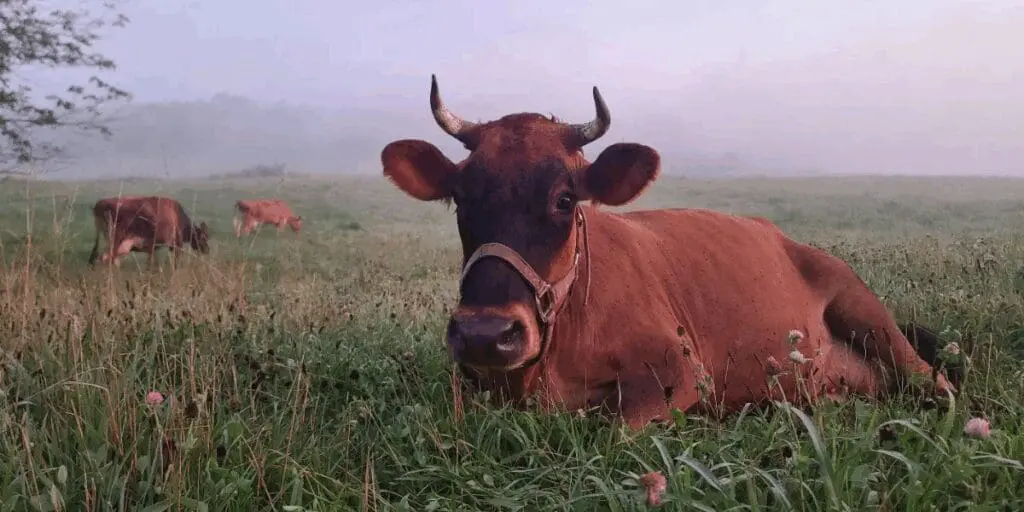
*For anyone looking to deepen their understanding of equitable land use and sustainable farming practices, please see the additional reads on the right.


